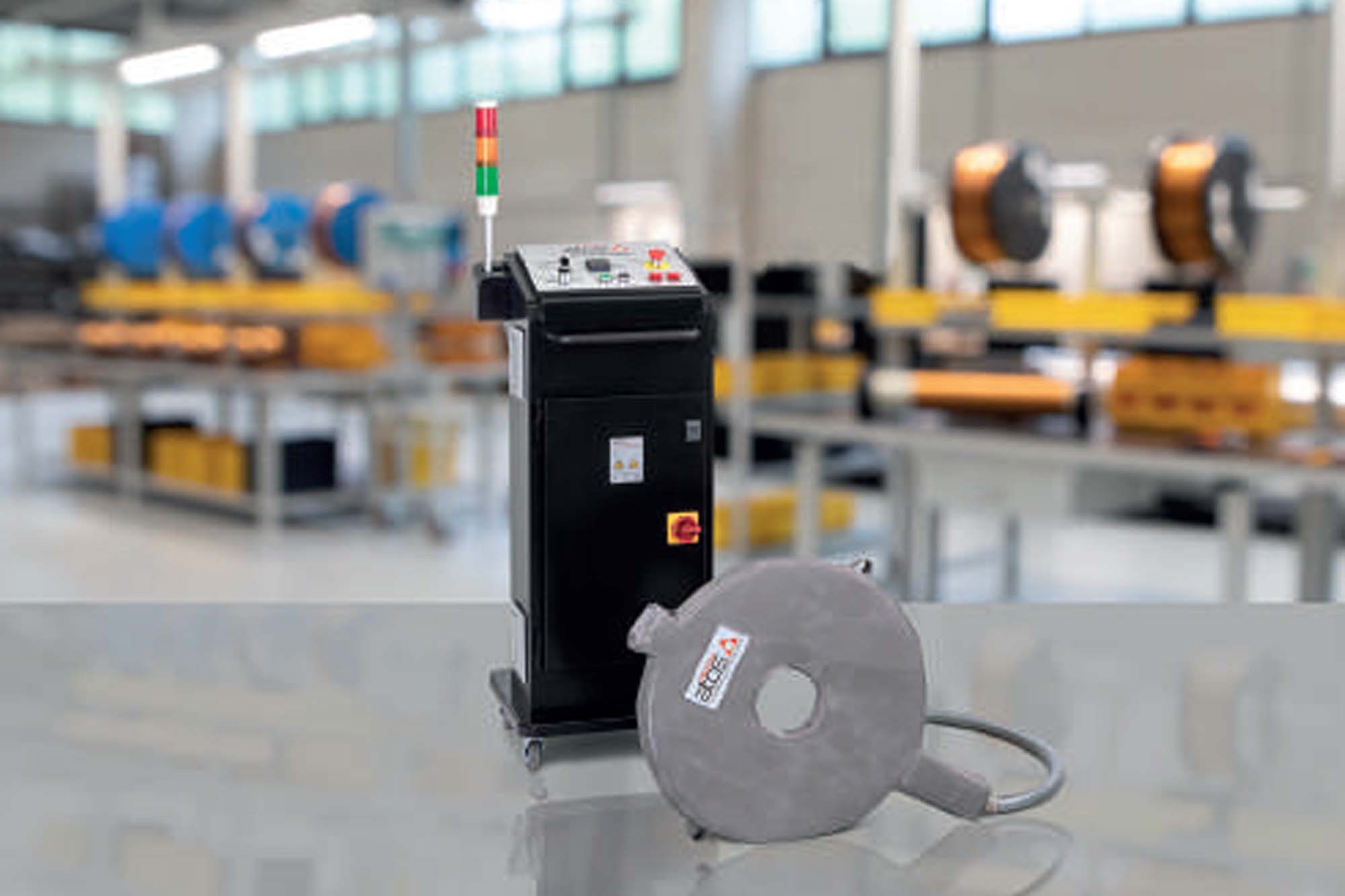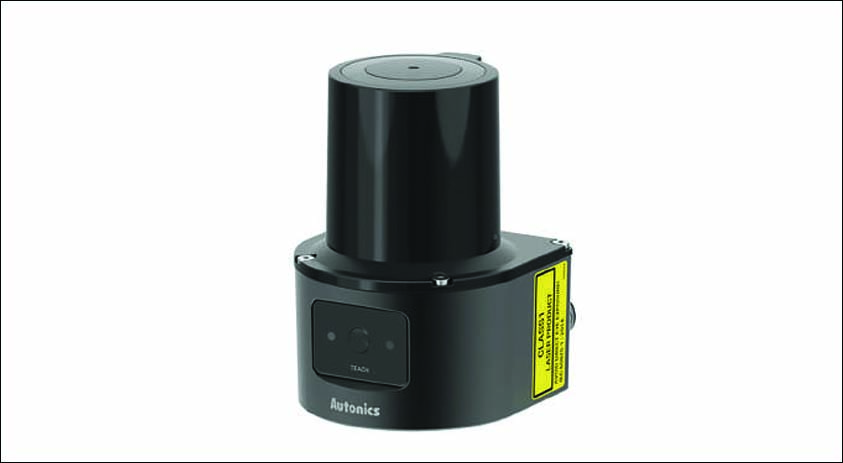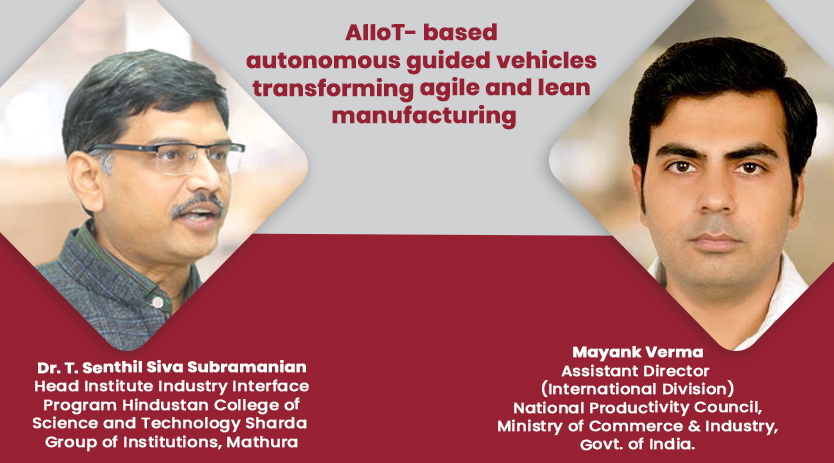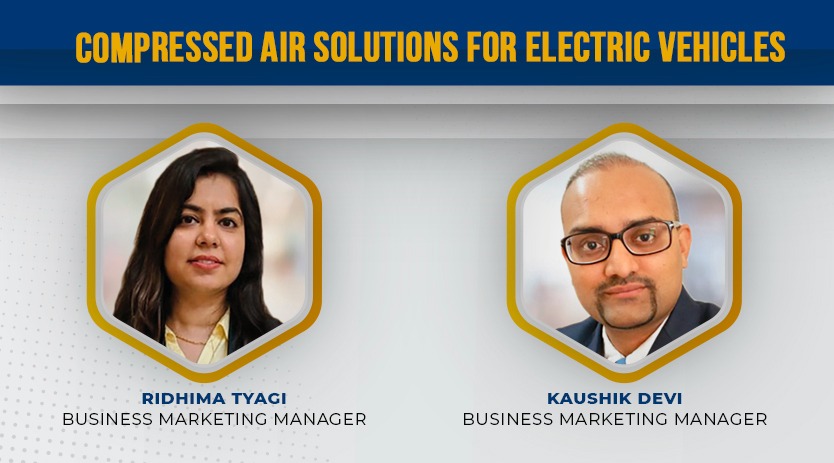Traditional sectors boost PE-VC investments
By OEM Update Editorial June 19, 2024 7:07 pm IST
Indian private equity and venture capital investment softened to $39 billion in 2023, returning to pre-Covid-19 levels. Traditional sectors like manufacturing, healthcare, and energy showed resilience, with 75 percent of investments in 2023 compared to 60 percent in 2022.
Indian private equity and venture capital investment softened to $39 billion in 2023, returning to pre-Covid-19 levels. Traditional sectors including manufacturing, healthcare, and energy showed resilience, with 75 percent of investments in 2023 compared to 60 percent in 2022. The manufacturing sector in India emerged as an attractive investment, with $2 billion growing by 20 percent CAGR over the last two years due to supply chain diversification, government incentives, and new-scale assets, according to Bain & Company’s annual ‘India Private Equity Report 2024’, in collaboration with Indian Venture and Alternate Capital Association (IVCA).
EV adoption in India will reach 40 percent by 2030, and the last year has seen OEMs generate 70 percent+ of transaction value and investments (more than $100 million) across vehicle categories, including Ola Electric, Ather Energy, Mahindra EV, and TI Clean Mobility. Packaging witnessed scale deals in globally competitive companies with exports. Polyplex and Tufropes closed $100 million+ transactions this year, with exports accounting for 70 percent or more of total revenues.
Gustaf Ericson, Associate Partner at Bain & Company, said, “Advanced manufacturing is expected to witness an increase in deal activity in the near to mid-term, driven by China+1 tailwinds, government incentives such as PLI, and the emergence of scaled assets across multiple segments. We anticipate that electronic manufacturing services, packaging, and EV players will also greatly benefit from this favourable environment in the coming years.”
India PE-VC dealmaking will remain tempered in 2024 amid global macroeconomic stabilisation. Traditional sectors, including advanced manufacturing, aim to attract outsized investments in India. This is due to positive fundamentals, a supportive policy environment (such as production-linked incentives, tax incentives, etc.), and the emergence of scale assets across multiple sub-segments.
The EV industry is in line to see major activity in OEMs, driven by already-funded scale assets expecting capacity growth or product launches. The shift will impact charging infrastructure, including battery-swapping with firms wanting to expand their geographic footprint or enter new EV segments.India-based packaging companies’ revenues will grow at a 10 percent CAGR in 2023–27. The key drivers of investment activity will likely be plastics, secondary paper, and glass, especially with the growth of the F&B industry demanding premium, lighter-weight, low-cost plastics and e-commerce experiencing a shift towards sustainable packaging.
India’s electronics production is predicted to grow at a 25 percent CAGR from 2023–27, with mobile phones, IT hardware, and consumer electronics being the most attractive sub-segments. Key growth drivers include the increasing penetration of smartphones, shorter replacement cycles, a significant rise in exports, backward integration, and favourable duty structures that support import substitution. Indian manufacturers in export-oriented sectors like electronics, pharma, and chemicals are expected to benefit from global supply chain diversification, as they are globally competitive and have robust government support.
India-focused funds are diversifying their focus beyond their core areas, with multiple leading funds entering new sectors like manufacturing, healthcare, new-age tech, and SaaS. Temasek, GIC, ADIA, Brookfield, Mahindra Electric, and Ola Electric all entered the advanced manufacturing sector during 2021-23.
India saw PE investments of $29.6 billion in 2023 in what remained a subdued year for private equity globally, registering a drop of 18 percent over 2022’s peak value of $36 billion. PE contributed 75 percent of the total PE-VC deal value as large-scale deal-making persisted for high-quality assets. The drop in VC investments was much sharper, with investments at $9.6 billion in 2023 versus $25.7 billion the previous year (2022). VC deal flow decreased as investors prioritised unit economics over growth and recalibrated their strategies amidst macroeconomic challenges.
Cookie Consent
We use cookies to personalize your experience. By continuing to visit this website you agree to our Terms & Conditions, Privacy Policy and Cookie Policy.


















